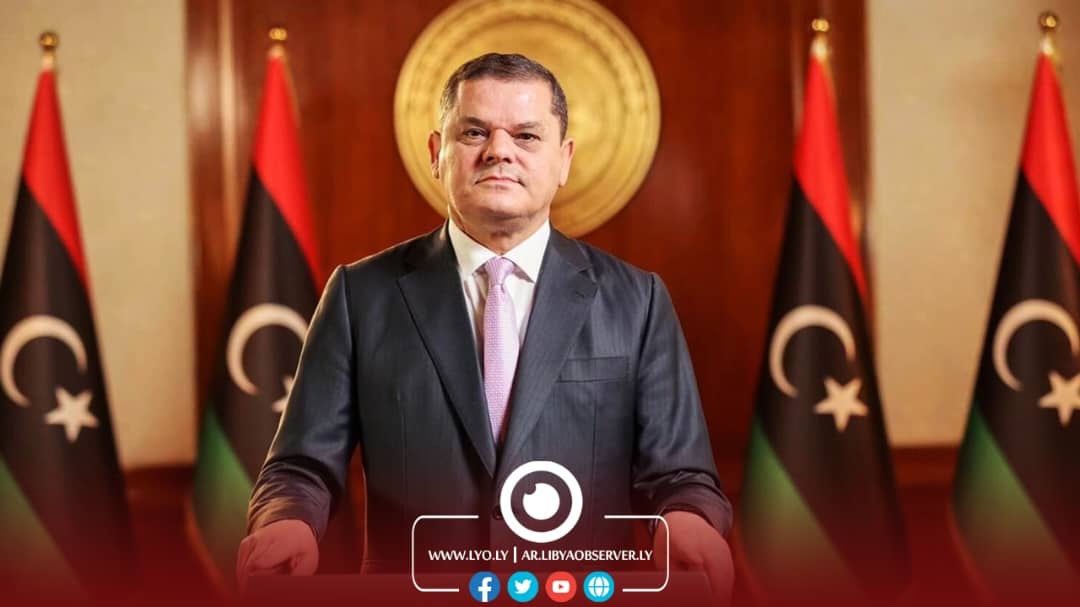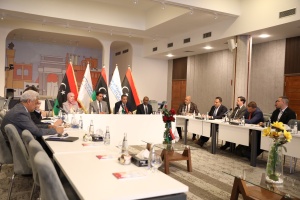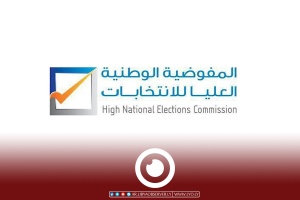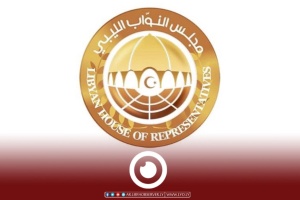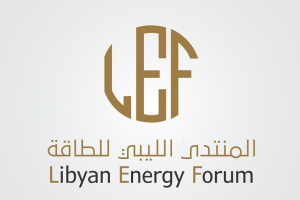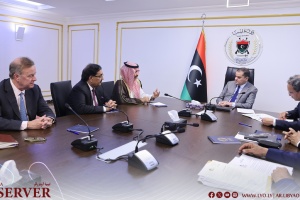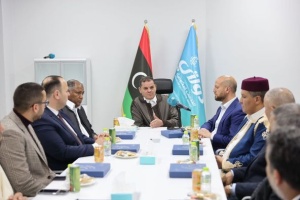Prime Minister Abdul Hamid Dbeibah Unveiled Monday his plan for the electoral process and the constitution, leading to parliamentary elections next June.
In a speech broadcast by the "Hakomitna" platform on Facebook, Dbeibah detailed a four-track plan, which he named "Returning The Trust To The People."
A voting law drafted by the interim government technical committee would be presented to the Council of Ministers, then transferred to the House of Representatives for approval within two weeks. The first track should be concluded by mid-March, say PM Dbeibah.
"If this path is not possible, we have no choice but to apply Law No. 2 of 2021 regarding parliamentary elections or Law No. 4 of 2012 that organized the first legislative elections, so that there is no excuse for not holding the elections."
In the second track, Dbeibah proposed going to elections before the end of the preliminary stage set by the Libyan Political Dialogue (LPDF) roadmap per a detailed timetable set by the High Electoral Commission, in consultation with the government and the Presidential Council.
The LPDF roadmap includes updating the voter register and allocating sufficient time for electoral campaigns.
He then suggested holding a referendum on the draft constitution as a third step, per the 10th amendment to the Constitutional Declaration and the Referendum Law referred to the Commission, which was reinforced by the Hurghada Agreement in conjunction with the parliamentary elections.
Lastly, Dbeibah said he would recourse to the electronic consultation option.
"This will be done with complete transparency and under international supervision that guarantees the safety of electronic voting in the event that any party tried to prevent the holding of elections."
He defended this process by saying that all the registrations that were made in the past were conducted electronically by sending text messages.
The Prime Minister considered the House of Representatives' move to appoint a new government as a "failed maneuver aimed at spoiling the scene," calling on the legislators to support his proposal regarding the parliamentary elections.
He stressed that for any solution to succeed, the initiators must commit themselves to compromise, and this includes all existing state bodies, on top of which is the interim government (GNU).
"This plan will only succeed when everyone agrees to take advantage of the opportunity to realize the aspirations of the Libyan people in the elections."

